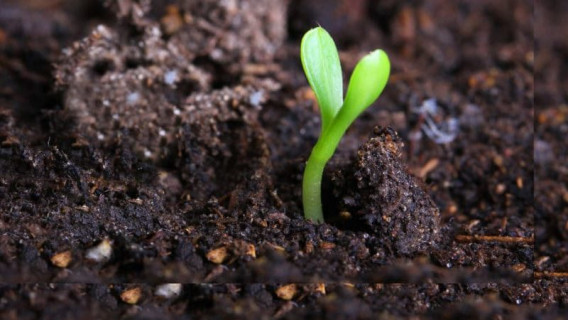In the city of Arnhem a new green cooperative is founded by the students and teachers of the course "Organic Growing in the City". The new cooperative is two years old and has 54 organic urban growers as members. You will watch the green cooperative growing in the future years.
The birth of a new green cooperative





